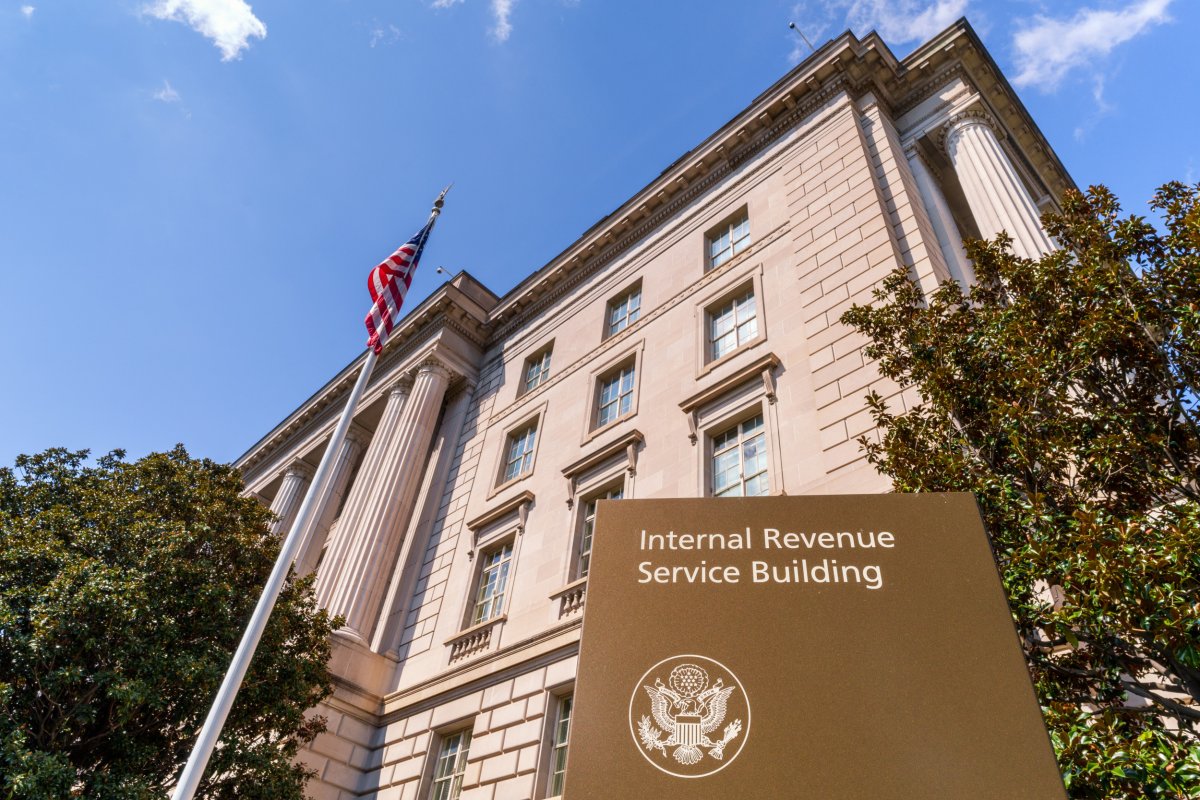On December 27, 2024, the IRS released a new rule that changes how decentralized finance (DeFi) is viewed by labeling DeFi front-end platforms as brokers, similar to decentralized exchanges (DEXs). New rules require platforms like Uniswap to follow Know Your Customer (KYC) protocols and share detailed transaction data with the IRS, starting in 2027.
In the past, DeFi platforms focused on being decentralized and protecting user privacy, but these new rules make it hard to stick to those values. Platforms now have three possible options:
This means DeFi platforms need to gather user information and report transactions, which could be complicated and take a lot of effort. Many DeFi apps work through decentralized organizations, which makes compliance hard and might turn away users who care about privacy.
Some DeFi platforms might limit access for U.S. users to steer clear of regulatory issues. This might keep them safe from IRS rules, but it could also reduce their users and growth opportunities.
By adopting a fully decentralized model, platforms can steer clear of being seen as brokers since they won’t collect user information. This method might limit usability, innovation, and making money.
The crypto community has mostly reacted negatively, worrying that these regulations might hinder innovation and push DeFi development to other countries. A lawsuit has been filed against the IRS, saying the rules are unconstitutional. With the compliance deadline coming up, the DeFi industry is at a crucial point that could greatly affect its future.










